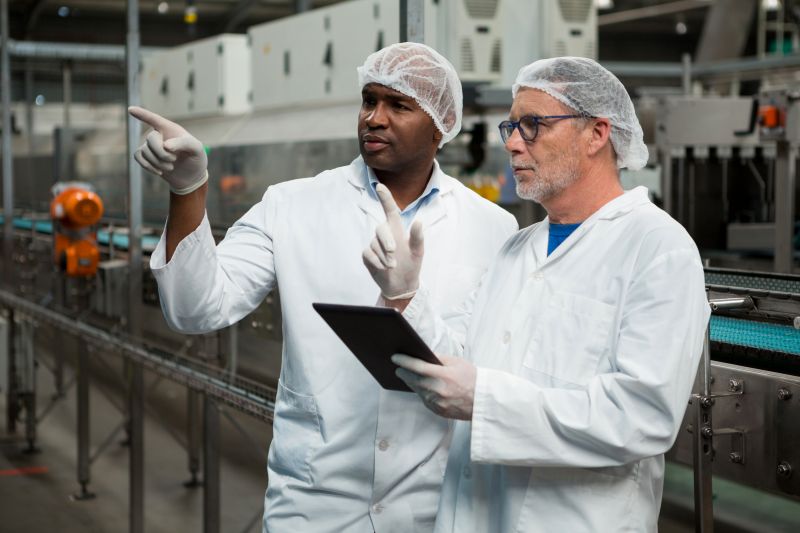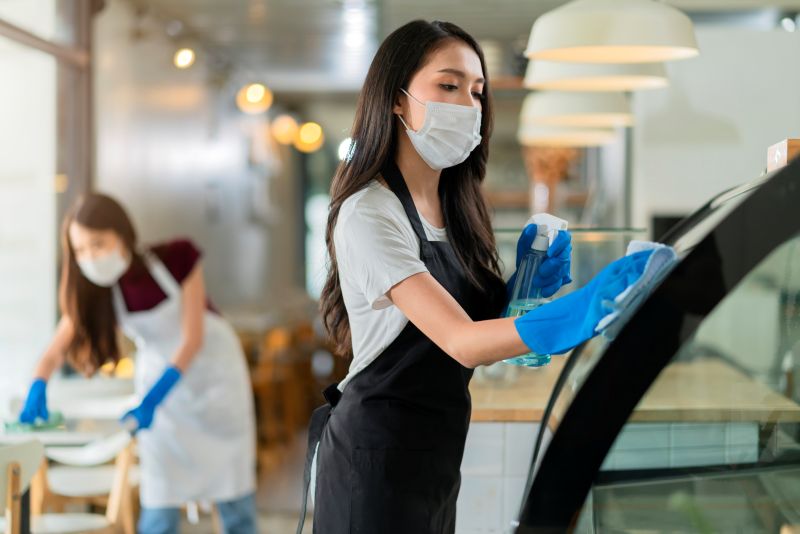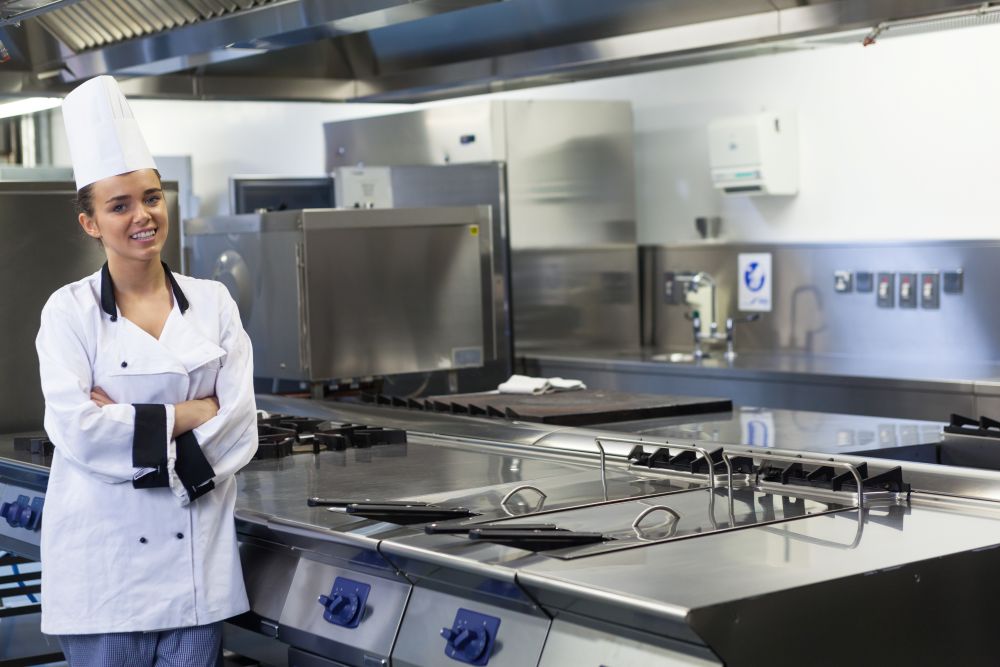Health and Safety Standards for Commercial Kitchen Equipment in Dubai
Establishing a commercial kitchen in Dubai is more than selecting effective appliances. Food establishments in Dubai are expected to strictly adhere to health and safety regulations to promote hygiene, fire prevention, and correct food handling. Each piece of equipment used in the kitchen must comply with the UAE Food Code and local building codes to achieve inspection and legitimacy.
Table of Contents
Regulatory Authority: Dubai Municipality Food Safety Department

The Dubai Municipality Food Safety Department is responsible for enforcement of the UAE Food Code, and this includes:
- Approved kitchen equipment materials
- Installation and layout
- Temperature control and cleanliness
- Fire and electrical protection
Major Safety Specifications for Kitchen Equipment

1. Food-Grade and Non-Toxic Materials
Equipment to be used in a kitchen must be made from stainless steel or other accepted food-grade materials. Surfaces must be smooth, resistant to rust, and simple to sanitize in order to avoid microbial growth.
2. Ease of Cleaning
Equipment should permit easy and comprehensive cleaning. Designs with inaccessible corners or porous materials are not acceptable. All equipment must permit disassembly where necessary.
3. Ventilation and Heat Control
Cooking equipment should be installed under proper exhaust systems that have grease filters. This is not only for cleanliness but also to minimize fire risks and maintain proper air quality.
4. Temperature Control
Refrigerators, freezers, warmers, and hot-holding equipment should have safe storage temperatures. Equipment should be provided with effective thermostats and be able to conduct regular monitoring.
5. Proper Drainage
All sinks and wash stations should be hooked up to well-planned drainage systems to prevent water stagnation, odors, and pest problems.
6. Electrical and Gas Safety
Electrical and gas equipment should be installed by certified professionals and comply with UAE safety regulations. Loose wiring, exposed outlets, or unauthorized modifications are prohibited.
7. Fire Safety Measures
Commercial kitchens in Dubai should meet Dubai Civil Defence regulations. These include:
- Fire-rated hoods with suppression systems
- Accessible fire extinguishers
- Proper installation of gas lines and emergency shut-off valves
Required Equipment Certifications

- Before approval, you may be asked to present:
- CE certificates or equivalent safety documentation
- Manufacturer’s data sheets
- Maintenance logs and cleaning protocols
- Proof of compliance with hygiene and electrical standards
Selecting the Right Equipment Suppliers in Dubai
While choosing commercial kitchen equipment, it’s important to source from suppliers who understand local regulations and offer products built to UAE standards. Brands like Bravo Kitchen Equipment are widely applied in Dubai’s restaurant sector not only due to their performance but also due to the fact that their models are constructed in accordance with municipal health and safety requirements. Either purchasing new or used, applying equipment widely accepted and supported within the area can reduce inspections and servicing.
When assessing suppliers, consider:
- Local compliance expertise
- Spare parts and service availability
- Clear documentation for all equipment
Final Pre-Setup Tips

- Get professional advice from individuals knowledgeable about Dubai Municipality’s kitchen layout approval procedure.
- Employ only qualified electricians and gas fitters.
- Have equipment manuals and service histories on hand for inspection.
- Conduct regular audits to guarantee continued compliance.
Frequently Asked Questions
What standards must kitchen equipment meet in Dubai?
Equipment must comply with the Dubai Municipality Food Code—it must be hygienic, non-toxic, and easy to clean.
Is stainless steel required?
All food-contact surfaces must be food-grade stainless steel.
Do I need approval before installing kitchen equipment?
Dubai Municipality approval is required for the kitchen layout and equipment plan.
Are ventilation and fire systems mandatory?
Proper ventilation and fire suppression systems are legally required.
Can I use second-hand equipment?
If it is in good condition and meets all health and safety regulations.
How often should equipment be serviced?
Regular maintenance every 6 months is recommended to ensure safety and performance.
What certifications are required for kitchen equipment?
Look for ISO certification, GCC conformity, and Dubai Central Laboratory (DCL) approval, if applicable.
What are the penalties for non-compliance?
Violations can lead to fines, temporary closure, or permanent shutdown by Dubai Municipality.
Are pest control measures necessary?
Commercial kitchens must have regular pest control and maintain a clean environment.


